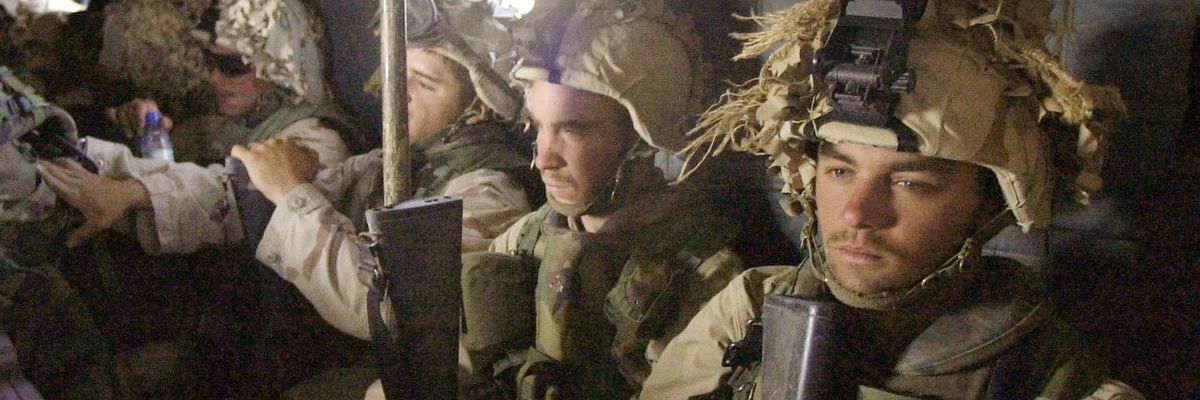In anticipation of the 20th anniversary of the 9/11 attacks, Brown University’s Costs of War Project on Wednesday published an “updated estimates on the most comprehensive and widely-cited assessments of the financial and human costs of the past 20 years of war.”
The Project’s last update in 2019 estimated that the post-9/11 wars cost more than $6 trillion and 800,000 lives. But its new assessment has found that between 897,000 and 929,000 have been “directly killed,” while the United States has appropriated and obligated to spend more than $8 trillion.
The latest report comes as President Biden ended America’s 20-year war in Afghanistan, which was estimated to have cost U.S. taxpayers $2.313 trillion, while Washington has so-far spent $2.058 trillion on the wars in Iraq and Syria. But while the U.S. war in Afghanistan is now over, the so-called “forever wars” are still ongoing throughout the region in places like Yemen and the Horn of Africa, where the Project estimates that roughly $355 billion have been spent.
The Project’s estimate includes the cost of veterans’ care from 2001 to 2050, which according to its report from August, will cost U.S. taxpayers between $2.2 and 2.5 trillion.
“Many people don’t know the extraordinary toll these wars take, not just the cost of deploying troops, not just the cost in terms of human lives, but the costs in terms of benefits and in terms of our obligations for decades to come,” said Rep. Ro Khanna (D-Calif.) in prepared remarks for the Cost of War Project’s online event launching their new findings. “Had we not stayed in Afghanistan for 20 years we would have had enough money to provide a free college education or vocational school for every American.”
Rep. Barbara Lee (D-Calif.), also in prepared remarks for the event, noted that she voted “no” on the authorization to use military force in Afghanistan after 9/11 (she was the lone dissenting vote).
“I voted no because I feared the consequences of giving the president, any president, open ended power to use military force anywhere against anyone or any nation,” she said, adding, ”Those consequences have been devastating.”
















